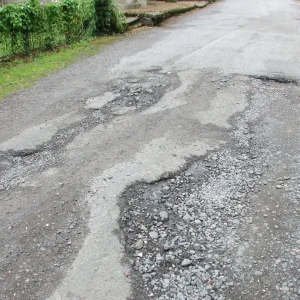People convicted of driving under the influence of drugs could be required to take rehabilitation courses before being allowed back behind the wheel, under measures being considered by the UK Government.
Currently, those convicted of drug-driving can be banned from driving, fined, or sent to prison by the courts, but unlike those convicted of drink driving they are not required to complete rehabilitation before resuming driving.
The government is holding a call for evidence about the measure, which it said came amid rising drug-driving rates, with serious injuries in related collisions up from 499 in 2016 to 713 in 2020.
It also said statistics showed non-attendees to drink-driving rehabilitation courses were more than twice as likely to reoffend withing three year, so by offering high-risk drug-driving offenders the same support it hoped to bring down reoffending rates.
Transport Secretary Grant Shapps said: “Drink-driving is now rightly seen as a social taboo by most of us in this country and we have worked hard to drive down drink-drive related deaths.
“But if we are to make our roads safer still, there is no room to be lax on drug-driving, which is why I have launched this call for evidence today.
“It’s only right that drug-drivers must undergo rehabilitation before getting back behind the wheel, helping protect the public from this hidden problem and stamping out drug-driving for good.”
Reacting to the announcement, RAC head of roads policy Nicholas Lyes said: “Drug-driving ruins lives and threatens the safety of all road users.
“We welcome proposals to offer drug-driving offenders rehabilitation courses, in the same way those caught drink-driving are offered them, because the evidence shows this helps to reduce reoffending and improves road safety.”
The call for evidence also asks whether the way specimens are taken should be brought in line with current medical practice by using vacuum blood extraction, decreasing the risk of blood borne viruses to healthcare professionals. It also seeks views on the relationship between medicinal cannabis and road safety.
The government said it follow up later this year by seeking views on other matters related to drink and drug-driving, such as failing to stop after a collision and the criminal use of vehicles.





